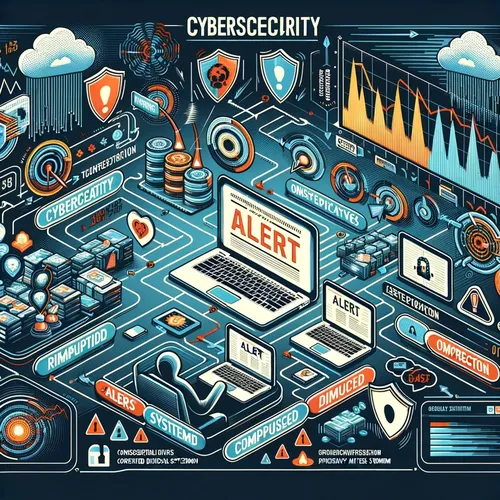China's Cyber Espionage Blitz: Ransomware, AI Phishing, & Trust Collapse in Tech Alliances
- Author
- Quiet. Please
- Published
- Sun 24 Aug 2025
- Episode Link
- https://www.spreaker.com/episode/china-s-cyber-espionage-blitz-ransomware-ai-phishing-trust-collapse-in-tech-alliances--67497609
This is your Red Alert: China's Daily Cyber Moves podcast.
Red Alert, friends—Ting here, your go-to tech whisperer for untangling today’s cyber mayhem. If you tuned in for a quiet Sunday, surprise: China’s hackers didn’t take the weekend off, and neither did emergency teams at CISA or the FBI. Let’s zoom right to today’s critical moves, because wow, what a 48-hour timeline.
First headline—ransomware ruled the morning feeds. Kidney dialysis giant DaVita confirmed on Saturday that Silk Typhoon, a China-linked advanced persistent threat group, pulled off a devastating attack, snatching data of 2.7 million Americans. This isn’t your average ransomware story—this steals medical histories, insurance info, even kidney test results. CISA responded by blasting out an emergency directive to all healthcare networks to patch exposed endpoints and verify off-site backups, but the window of compromise is hot, and Silk Typhoon hasn’t posted ransom notes. The concern? They’re building patient dossiers, maybe for future blackmail or high-level spear-phishing.
Around lunchtime, Microsoft dropped a bombshell: it will no longer share exploit code with its Chinese partner firms. Why? Proof-of-concept code for the SharePoint zero-day, intended only for research, ended up fueling July’s mass exploit spree across U.S. energy and municipal systems. Microsoft’s move is strategic whiplash, a direct attempt to choke the leak at the source, but it also signals a trust collapse between U.S. and Chinese infosec alliances.
Let’s talk new attack patterns—since Friday, CISA tracked a spike in supply-chain breaches targeting second-tier government contractors. The threat isn’t just in the code; attackers are using AI-generated emails that mimic official Department of Energy communications. Fortune magazine just highlighted how AI is being weaponized in financial aid scams, but today, that same trickery is being abused against U.S. critical infrastructure contracts.
Active threats? Alert status is blinking red. FBI is warning of password spraying attacks against Outpost24 and SonicWall VPN gateways, tools crucial for remote energy plant access. They’ve seen coordinated login attempts from server clusters linked to provinces in Shandong and Guangdong. The emergency action: enforce multifactor authentication, push updates now, and isolate any system showing unfamiliar IP logins from Chinese subnet ranges.
Let’s play out the escalation: If today’s attacks are prepping for a larger disruption—think massive supply chain compromise or widespread access to emergency response networks—the U.S. is standing by for possible upgrades to Defcon cyber alert protocols and even active Mark and Reprisal crypto seizures. The new Marque Act empowers the U.S. to snatch digital assets from identified attackers. That is not just policy, that’s cyber counter-piracy at work.
Bottom line, defenders need to treat every alert as if it’s a precursor to a full-blown campaign, because the patterns—staged data theft, AI phishing, exploit leaks—are stacking up, fast. If you’re on blue team duty, double-check your patch cadence and log everything.
Thanks for tuning in, listeners. Hit subscribe for more real-time cyber dispatches from yours truly. This has been a quiet please production, for more check out quiet please dot ai.
For more http://www.quietplease.ai
Get the best deals https://amzn.to/3ODvOta
